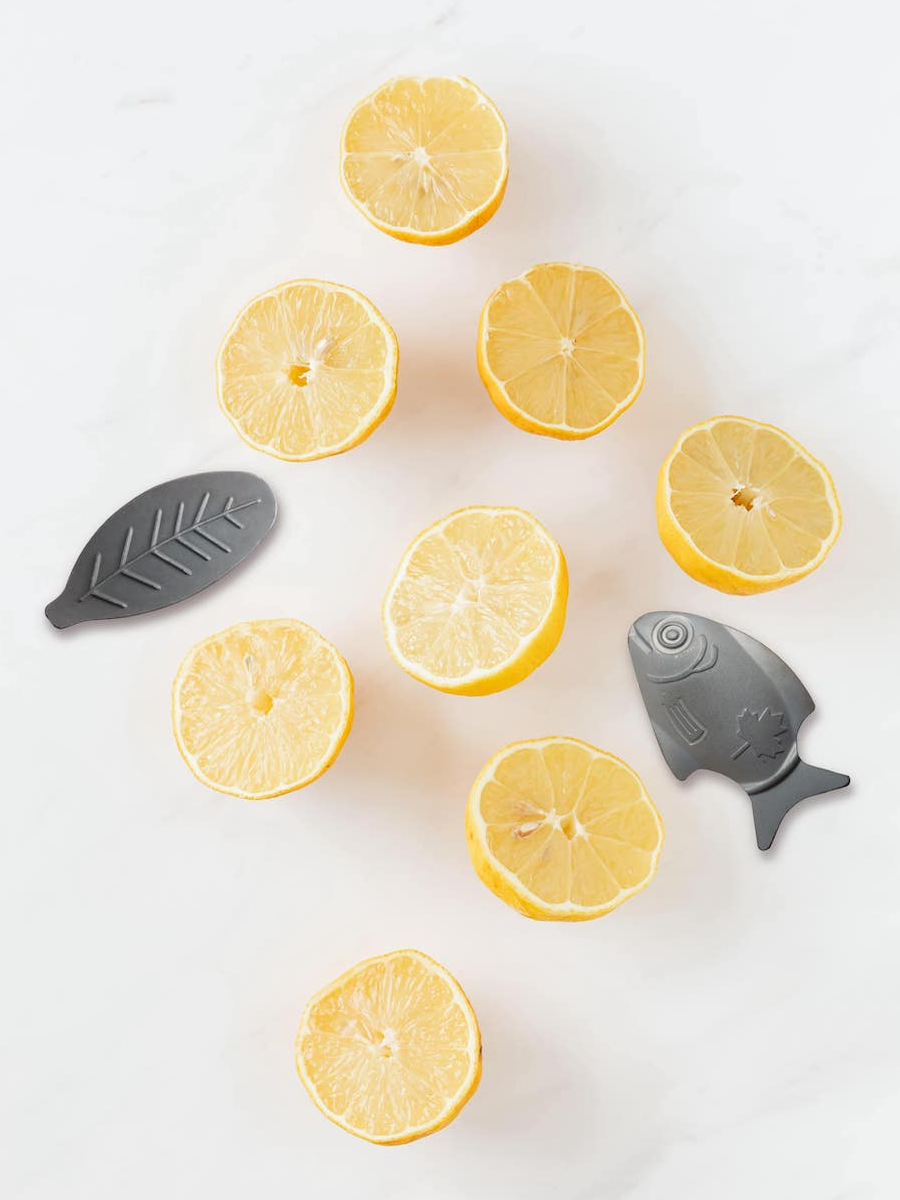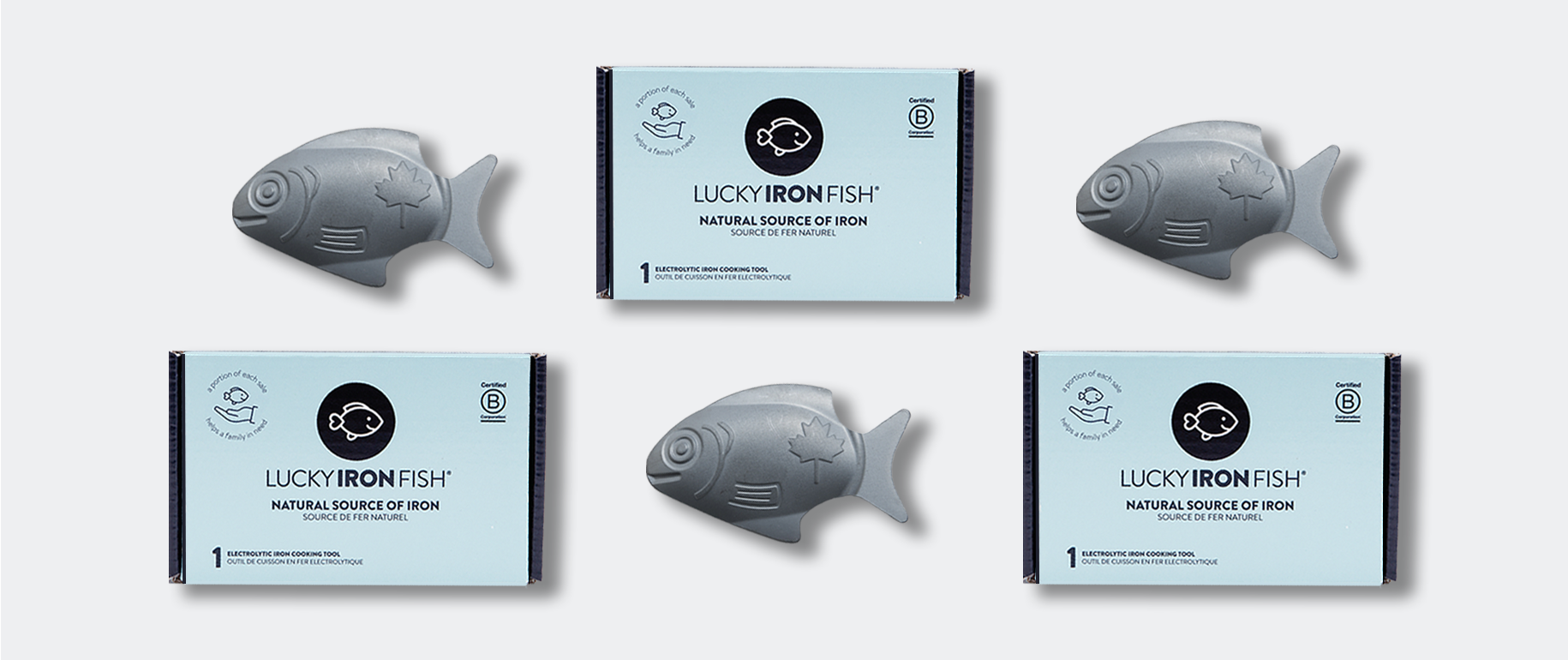This spring, our VP Operations and Sales, Tania Framst, and our Impact and Partnership Manager, Anne Pringle, traveled to Nairobi, Kenya, and to Mumbai and Pune, India to meet with our partners. Here, we’re sharing their travel diaries so you can learn what happens on their trips:
Kenya - May 28-June 3, 2018
At Lucky Iron Fish we say that we are ‘Based on Science and Built on Values’. Our trip to Nairobi, Kenya in May was a strong representation of this motto. We spent a week working on and discussing the intersection of healthcare and social enterprise. We have been incredibly fortunate to receive funding through Saving Lives at Birth (SL@B), a consortium made up of Grand Challenges Canada, the Bill and Melinda Gates Foundation and many others. The focus is on helping advance maternal health solutions by funding research. Every year we meet up with innovators from around the globe in Washington, DC to welcome a new cohort of innovators and scientists. This year, we were asked to join the Xcelerator program in Nairobi hosted by SL@B in conjunction with Duke University.

We traveled to Nairobi the end of May to spend 5 days working with leading scientists, innovators and healthcare professionals from around the globe. 41 teams were present for Xcelerator, where we focused on scaling and building out our businesses. We had the immense pleasure of learning from, and with, many of the greatest minds in the maternal health sector. We met so many incredible humans running truly innovative companies and nonprofits. We could go on and on about all of them, but would like to highlight and feature 3 amazing organizations working to advance maternal health:
Over 1.1 billion people worldwide lack formal identification, preventing them access to essential services. Simprints uses technology for good to build an open source software and biometric hardware to empower mobile tools used by researchers, NGOs and governments addressing poverty around the globe. This relates directly to maternal health as 99% of maternal death happens in developing countries and the majority are preventable if the mothers can be properly identified. Only 39% of all mothers receive the recommended number of checkups prior to birth due to challenges in identification and accountability. Currently, Simprints works with BRAC in the slums of Dhaka to ensure that every mother and child gains access to health care.
80% of the world’s medical devices are created for 10% of the world's population. Sisu Global Health is working to create devices that bridge that gap. In many parts of the world, if you are rushed to a hospital in need of blood, there often isn’t a supply ready for you. The machines to help with blood transfusions are costly and difficult to maintain for many hospitals. Hemafuse is creating an alternative - autotransfusion - where a patient’s blood can be recirculated back into the body in a safe and efficient way.
For many hospitals in rural areas of the developing world, reliable electricity is a problem, which can cause serious issues for the healthcare system. The unreliable access to electricity can impact surgery wait times, resulting in negative health impacts. Gradian Health Systems’ Universal Anesthesia Machine (UAM) allows doctors to deliver anesthesia without electricity and save lives. Working in Zambia, UAM helps to improve surgical and obstetric care through reliable anesthesia technology and specialized training.
India - June 3-7, 2018
Traveling to meet our partners is an incredible way to build relationships and gain a better understanding of their unique needs around the world. Our trip to India (specifically Mumbai and Pune) in June was no different. We had the pleasure of meeting with a number of our partners to learn more about the work they do and how we can help provide better health outcomes for families.
On our third day in India, we met with our partner, Sahara Aalhad, an incredible organization working in Wagheshwar Nagar, India. Earlier this year, we wrapped up a small project with them, and so, we were wanting to learn whether or not a second phase to the project was feasible.

While visiting with Sahara, we were given the opportunity to spend the day with them and meet some of the people they work with. It was a humbling experience to meet these individuals in their community and to witness the work that Sahara does. Sahara takes a cross-issue approach -- understanding that it takes a holistic approach to solve complex issues. The intersection of health, reproductive health, women’s rights and economic empowerment are front and centre to the work that Sahara does. By spending the day listening and observing, we were able to gain a better perspective of how to move forward and continue to build out our programming and partnerships in India.
We are thrilled to continue to work with such a progressive organization committed to advancing community health care through their programming. We look forward to seeing how the partnership continues to evolve.
More about Sahara:
Sahara is committed to serving marginalized populations and the poorest of the poor, in the belief that every person has the right to treatment, care and support and to a life of dignity and security. Sahara was founded in 1978 as a drug rehab centre with the programming focused on men. Soon, Sahara realized they needed to develop a program for women as well. Over the years, Sahara has evolved into a care home that delivers medical interventions, including treating patients with severe cases of iron deficiency. They have expanded to do community work that includes medical prevention and education, working to address gender-based violence and skills-based training. Their comprehensive services include nutrition, mentoring, and advocating for people dependent on substances and living with TB and HIV/Aids, with specialized services for widows and children.










